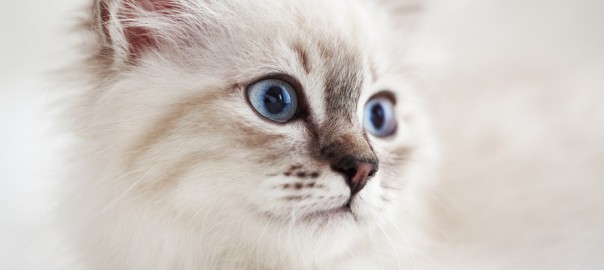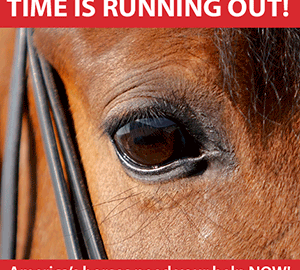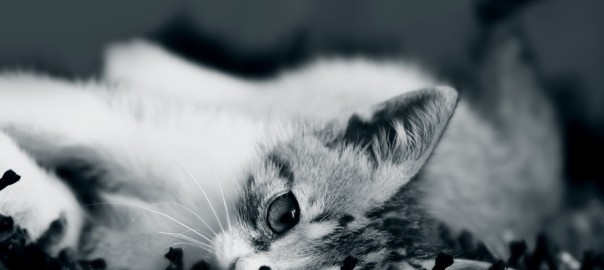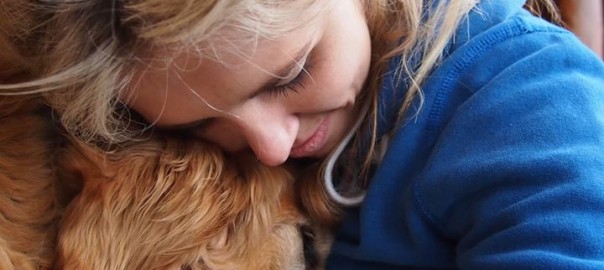Today is Giving Tuesday, and if you want to give to help animals but aren’t sure where your money will do the most good, I hope you’ll consider one of these five compassionate organizations!
1. World Vets. While I believe in giving locally, sometimes problems happen on a global scale. That’s why my first pick is World Vets, which brings together veterinarians, veterinary technicians, and veterinary students to improve the lives of thousands of animals each year by providing free veterinary care all over the planet. They respond to disasters, spay and neuter pets in developing countries, and do more good than just about any animal organization I know. Learn more and donate here…
2. The Grey Muzzle Organization. We share our lives with three senior dogs right now, and I promise you, there’s no love like that of a senior dog! But there is also no population that suffers more when they’re sent to a shelter, where cold floors and an uncertain fate await them. That’s why the Grey Muzzle Organization is dedicated to lifting them up off the floor and into a bed — and then moving them out into a loving home! You can donate beds to senior shelter dogs here, and donate to their hospice care fund here…
3. Sweetpea Friends of Rutland Animals. This is a small Massachusetts rescue group that really came through when I made a plea to save the lives of three dogs in another state. They literally swooped in on the very last day of these dogs’ lives, and are actively caring for them and looking for loving homes for Davinci, Hunter, and Stella. Please donate a few dollars to them here, to help them help more animals…
4. Homeward Bound Golden Retriever Rescue and Sanctuary. This California-based group not only took in precious senior Dia who I wrote about on my Facebook page (and she’s not even a Golden!), they act as a safety net for Goldens who end up in shelters all over the state. They also maintain a sanctuary and extensive foster home network. As a Golden Retriever dad myself, I can’t recommend them highly enough! Read more about their programs and donate here…
5. Lucy Mackenzie Humane Society. This Woodstock, Vermont organization took in 23 horses who were victims of abuse, and is working hard to care for them as winter closes its grip on the region. You can read more about the horses, and what you can do to help them, here.
Bonus: Your local shelters and rescue groups. There’s nothing like the power of local giving! That’s because not only will your money go to help animals in your own community, but you can get an in-depth picture of what the group does with its donations much more easily than you can for national or far away organizations. If you’re in the US or Canada, you can search by zip or postal code here for shelters and rescue groups near you!
Photo: My daughter, Mikkel, and our 14-year-old blind Golden Retriever, Shakira.




